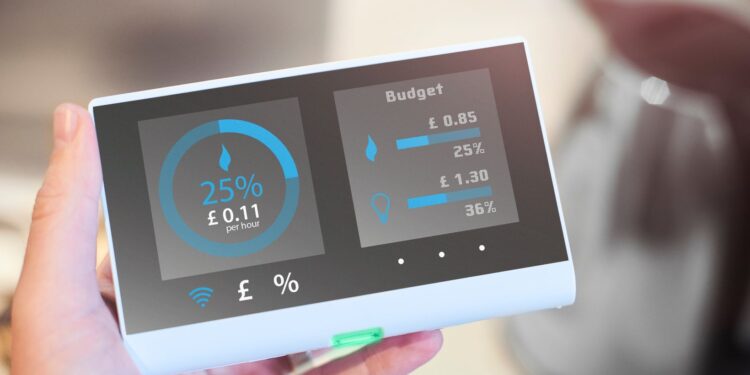AMR (Automatic Meter Reading) is catching the attention of many businesses looking for better ways to manage their resources.
While you’ve probably heard the usual spiel about saving time or reducing costs, there are some more subtle yet powerful reasons that often get overlooked.
Let’s dig into the real reasons why so many businesses are switching to AMR—and how you can get the most out of it without drowning in tech jargon.
-
Digging Deeper Into Your Water Usage
AMR gives you real-time data on your water usage, but it’s not just about the basics. It offers insights you might never have considered. For example, instead of just getting monthly bills, you can track your usage by the day or even hour.
Why is this helpful? Well, it can highlight patterns, like when your business uses the most water or if there are sneaky spikes that seem to come out of nowhere.
If you notice these trends early, you can adjust things like production schedules or tweak processes to save water when costs are highest.
Looking for valuable insights to help you make those important decisions? Let us help you stay updated on how technology is reshaping business practices, visit our technology trends page.
-
Time to Think Bigger (and Smarter)
A lot of people think that AMR’s main benefit is saving time by not having to manually check meters. While that’s true, there’s a bigger advantage most don’t realize: you free up time to think creatively about growing your business.
Instead of spending resources on mundane tasks like data collection, you can shift focus toward innovation or strategy. Maybe it’s time to take a closer look at your operations and see where else you can automate or improve.
-
A Real Path to Sustainability (Not Just PR)
Being environmentally conscious is becoming a core part of how businesses operate. But it’s one thing to say you’re green and another to actually prove it.

AMR helps you by providing the data you need to reduce waste. Rather than broad claims about saving water, you can show measurable results by using the detailed data from AMR to tighten up your operations in ways that help both your business and the planet.
-
Getting Ahead of Utility Rate Increases
We all know that utility rates aren’t getting any cheaper. The beauty of AMR is that it allows you to predict how future rate hikes could impact your business.
Once you’ve got the data in hand, you can see how a potential increase would affect your costs and find ways to mitigate that impact before it hits.
Maybe that means adjusting your operations during off-peak hours or even making a case to your provider for better rates.
This foresight gives you a head start—no more scrambling when the bill goes up unexpectedly.
Looking for more practical business advice? To explore more tips on improving operational efficiency and sustainability in your business, check out our business resources section.
-
Using Data as Leverage
Here’s a trick most people don’t think about: AMR data can be used as a bargaining chip. Whether you’re negotiating with your utility provider, a landlord, or even a supplier, having precise, hard numbers on your consumption gives you more power.

You know exactly how much you’re using, when, and why. And that kind of knowledge can help you make a strong case for better terms.
If you’re billed for utilities, being able to break down your exact usage can potentially get you a better deal, or at least ensure you’re not overpaying for someone else’s consumption.
Final Thoughts
Switching to AMR isn’t just about following trends or cutting costs on paper—it’s about taking control of your business in ways you might not have considered before.
From identifying hidden opportunities to prevent costly leaks to using data as leverage for better deals, the real benefits go beyond the usual talking points.
With a bit of thorough planning, you can change what looks like a minor update into a significant advantage for your business. If you need help putting AMR into action, consider contacting Castle Water. They provide the tools and support necessary to improve your operations.















